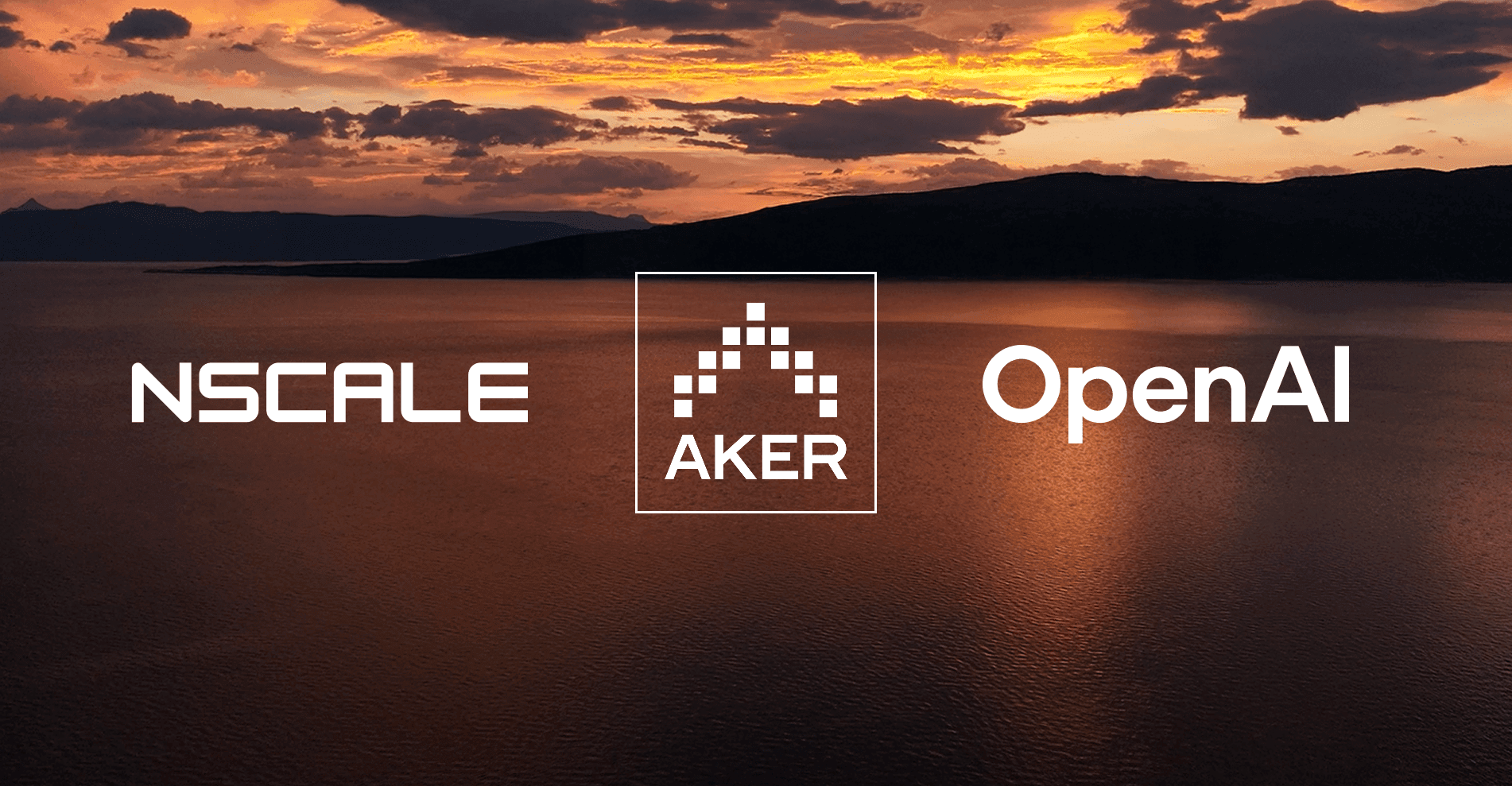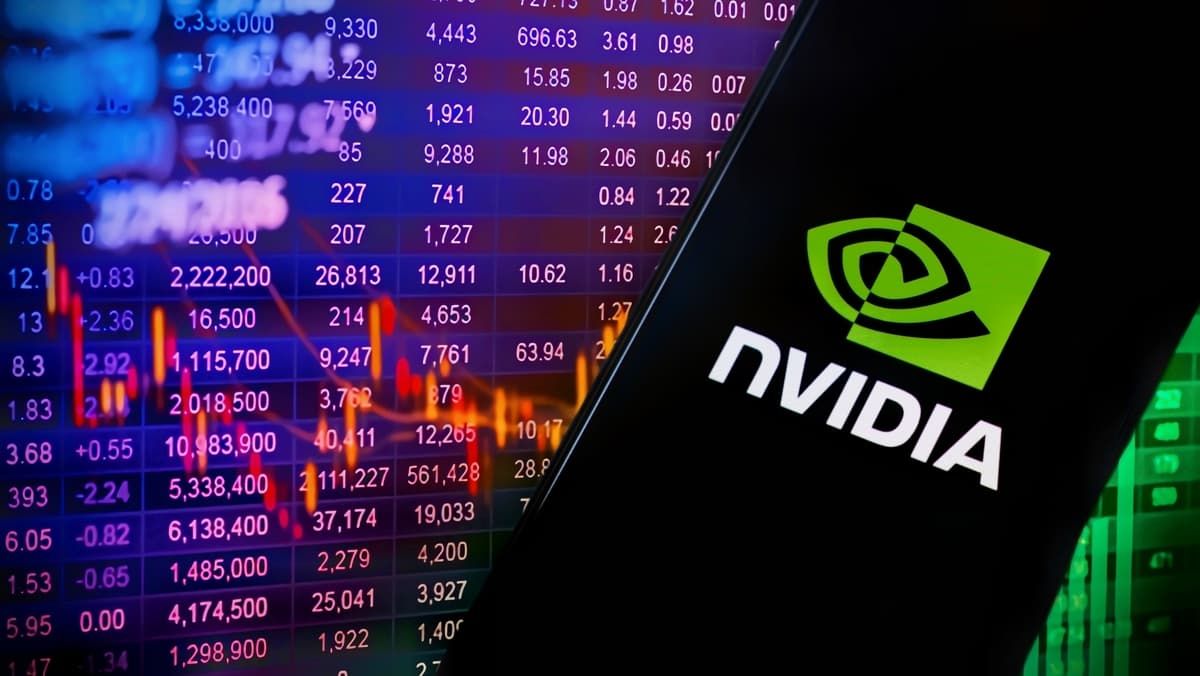Frequently Asked Questions
More topics you may like

OpenAI’s ‘Stargate Norway’ aims to build a sovereign AI compute hub in Europe

Muhammad Bin Habib

Oracle Adds Google Gemini 2.5 to OCI Generative AI

Muhammad Bin Habib

Anthropic Launches Claude AI Agent Inside Chrome

Muhammad Bin Habib

Tesla launches “Hey Tesla” voice AI in China with DeepSeek and ByteDance

Muhammad Bin Habib

Meta secures Midjourney’s creativity for its AI roadmap

Muhammad Bin Habib
